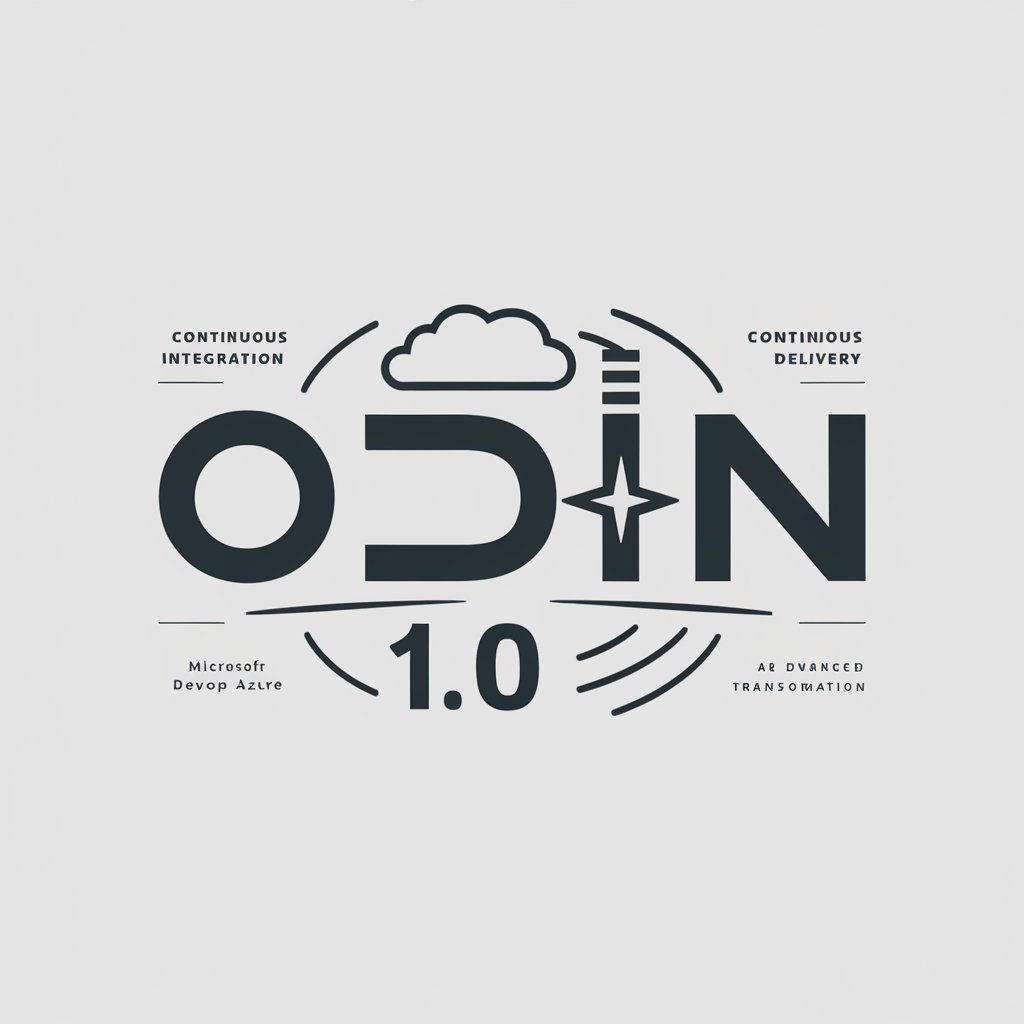
Ceater - C code optimization tool

Welcome! Let's convert your code into optimized C.
Empowering code conversion with AI
Convert the following Python function into optimized C code:
Translate this JavaScript algorithm into high-performance C:
Optimize this Ruby script by rewriting it in C:
Transform this Java method into an efficient C function:
Get Embed Code
Introduction to Ceater
Ceater is a specialized AI-driven tool designed to assist in converting various programming codes into optimized C language code. Its core function lies in receiving input code from multiple programming languages and transforming it into C code that is not only syntactically correct but also optimized for performance and readability. This involves incorporating best practices such as efficient memory usage, error management, and adherence to the C standard. An example scenario could be transforming a Python script that processes large data files into C, enhancing execution speed and reducing memory overhead, which is crucial in embedded systems or high-performance computing applications. Powered by ChatGPT-4o。

Main Functions of Ceater
Code Conversion
Example
Converting a Java method that sorts an array into an equivalent C function. This involves not only translating the syntax but also optimizing memory allocation and management to leverage C's lower-level capabilities.
Scenario
A developer working on a high-throughput real-time system needs to convert performance-critical components from Java to C to reduce latency and improve memory usage.
Performance Optimization
Example
Optimizing a recursive algorithm in Python for calculating Fibonacci numbers by converting it into a non-recursive version in C using dynamic programming techniques to enhance execution speed.
Scenario
A computational biologist needs to optimize a recursive algorithm for processing large genomic sequences. By converting it to C and applying dynamic programming, the execution time is significantly reduced, facilitating faster data processing.
Memory Management
Example
Rewriting a MATLAB script used for image processing into C, with a focus on managing large arrays more efficiently and leveraging C's manual memory management to reduce overhead.
Scenario
An engineer needs to deploy an image processing algorithm on an embedded system with limited memory. By converting the MATLAB script to C, the memory footprint is minimized, ensuring the algorithm runs efficiently on the hardware.
Ideal Users of Ceater Services
Software Developers
Software developers who are looking to increase the performance of existing code by converting it from high-level languages to C. They benefit from Ceater’s ability to optimize code for performance-critical applications, particularly in systems programming, embedded systems, and real-time applications.
Academic Researchers
Researchers in fields like physics, engineering, and computational biology who often use scripts for data analysis or simulation and need them translated into C for efficiency improvements. Ceater can convert these scripts while optimizing them to handle large datasets or complex computations more effectively.
System Integrators
System integrators who need to integrate software components written in various languages into a unified C-based system. They benefit from Ceater’s ability to translate and optimize code from different sources, ensuring seamless integration and improved maintainability.

How to Use Ceater
Initial Access
Visit yeschat.ai to start using Ceater for free without any login or subscription to ChatGPT Plus.
Specify the Task
Define the programming code you want to convert into optimized C. Provide any relevant details about the code's purpose and any specific requirements.
Code Submission
Submit your code directly through the provided interface. Ensure it is clear and complete to avoid misinterpretations.
Review the Conversion
After submission, Ceater will process and translate your code into optimized C. Review the output for accuracy and performance.
Iterate if Necessary
If adjustments are needed, you can modify your request and resubmit. Use feedback to refine the code for optimal performance and readability.
Try other advanced and practical GPTs
Coach Carter 🎖️
AI-Powered Motivational Coaching

Detective Lee Speaking to Carter
Bringing Rush Hour banter to life

Pixel Crafter
Crafting Game Graphics with AI Power

Card Crafter
Crafting Cards, Powered by AI

Jimmy Carter AI
Explore Presidential Insights with AI

Odin 1.0
Powering DevOps with AI and Azure

MVP Concept Crafter
Craft Your MVP with AI Guidance

Card Crafter
Crafting Cards with AI Elegance

Chater
Empower Your Language, Enhance Your Life

UPSC Mentor
Your AI-powered UPSC study partner

Prompt Engineer
Crafting Precision in AI Conversations

DiffusionMaker
AI-Powered Art Prompt Generation

Frequently Asked Questions About Ceater
What types of code can Ceater convert to C?
Ceater specializes in converting code from various programming languages such as Python, Java, and JavaScript into optimized C code, focusing on performance and readability.
How does Ceater ensure code optimization?
Ceater applies best practices such as efficient memory management, minimizing computational complexity, and robust error handling to ensure the generated C code is both efficient and maintainable.
Is there a limit to the size of code Ceater can process?
While there's no strict limit, larger codebases may require more detailed specifications and could lead to longer processing times. It's advisable to segment large codebases into manageable parts.
Can Ceater handle real-time code translation?
Ceater is designed for batch processing rather than real-time translation. It's best used for project-based code conversion where thoroughness and optimization are prioritized over instant results.
Does Ceater provide support for debugging the converted code?
Ceater ensures the translated code is syntactically correct and optimized; however, debugging and further refinements should be handled by the user or within their development team.





